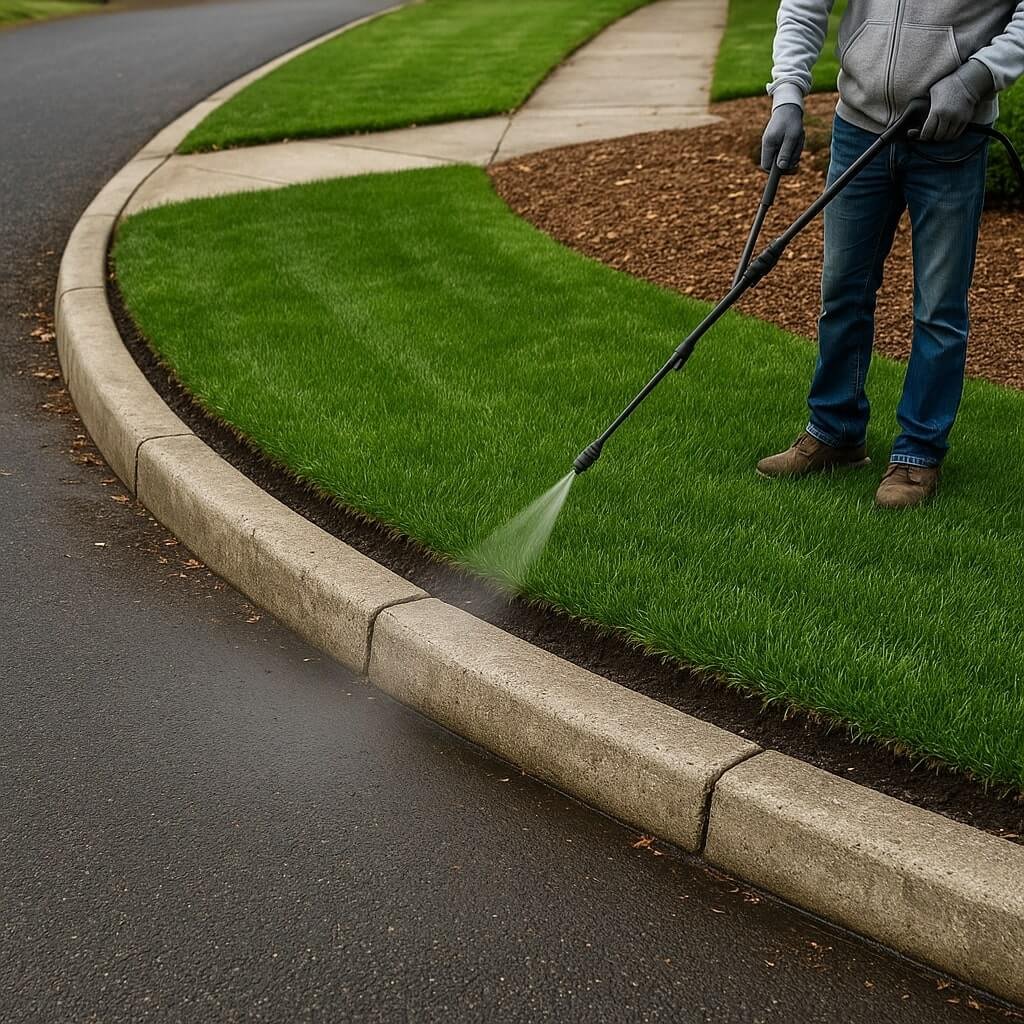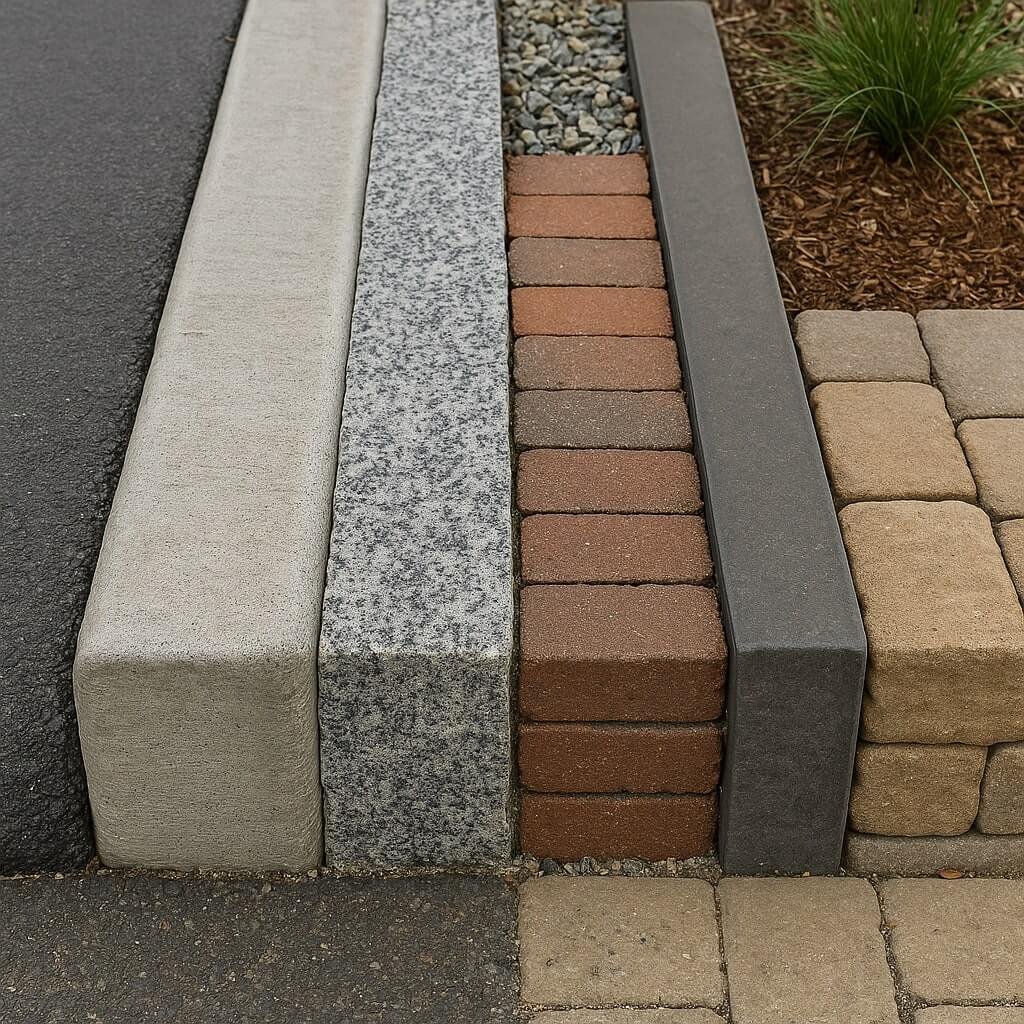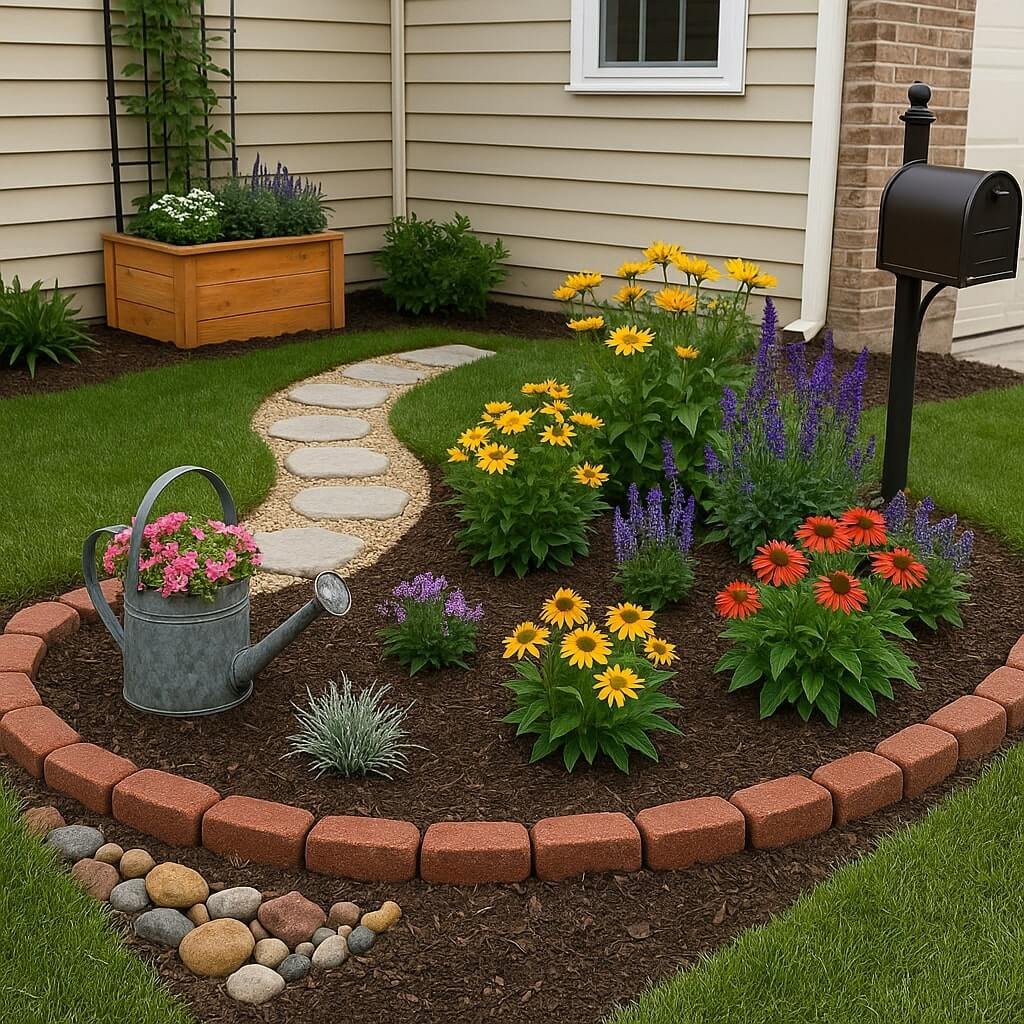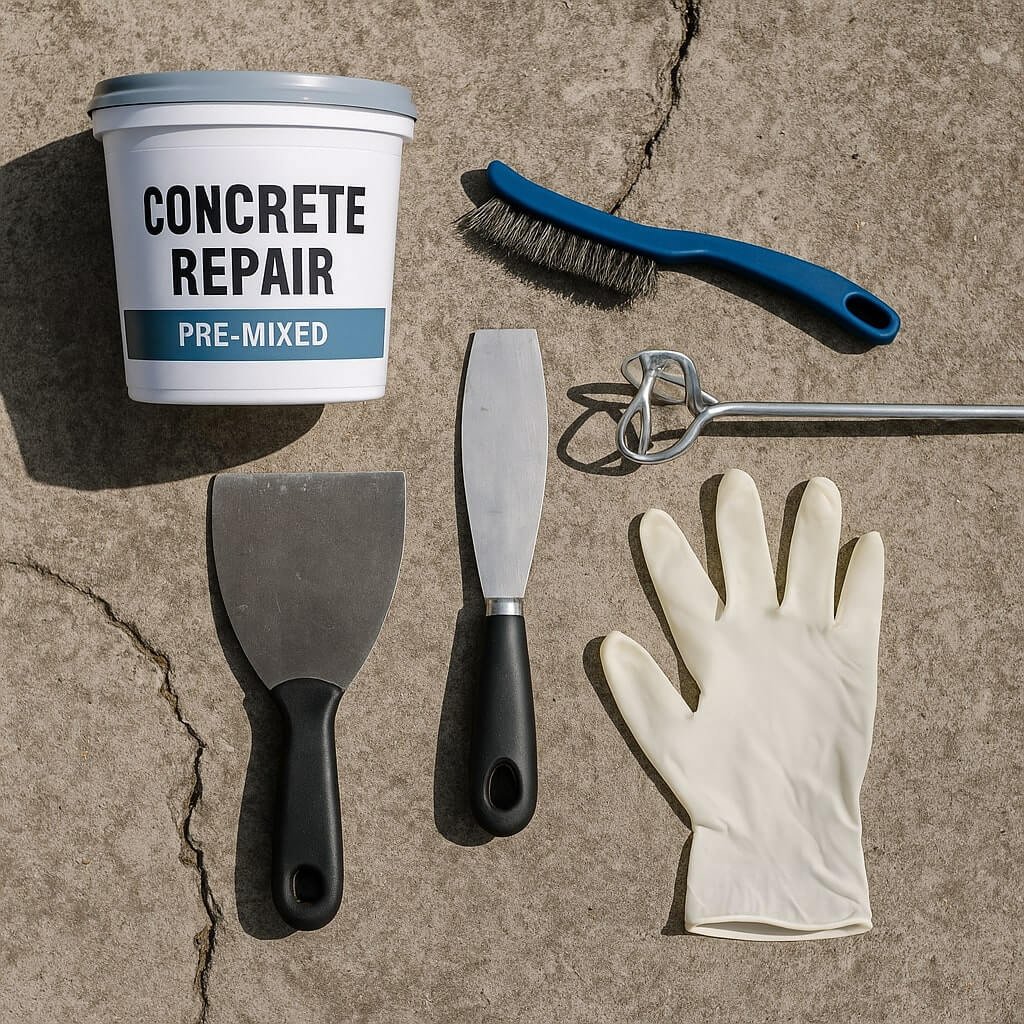Maintaining your property’s curb appeal is more than just a cosmetic concern—it’s a critical component of preserving your home’s value, ensuring safety, and creating a welcoming environment year-round. With seasonal changes come unique challenges, from winter frost heaves to summer weeds, that can degrade your curbs if not properly managed. This in-depth guide provides essential seasonal curb maintenance tips to help you keep your property pristine no matter the time of year.
Why Curb Maintenance Matters

Curbs define the boundary of your property, control runoff, protect landscaping, and contribute significantly to a home’s visual impression. Neglecting it can lead to:
- Cracks and structural damage from weather cycles
- Pest infestations and plant overgrowth
- Water drainage problems and flooding
- Decreased property value and safety hazards
By adopting a seasonal curb care plan, homeowners can prevent costly repairs and maintain aesthetic charm.
Spring Curb Maintenance Tips
Spring is the time to repair winter’s damage and prepare for growth.
1. Inspect for Winter Damage
Check for cracks, heaving, or dislodged pavers caused by frost or snow ploughing. Repair these promptly to avoid worsening issues.
2. Power Wash and Clean
Remove dirt, salt stains, and mould that accumulated during the winter. A clean curb reveals issues and refreshes the appearance.
3. Re-edge Grass and Mulch Borders
Define edges between the curb and lawn to prevent turf from encroaching and reinforce your property’s design.
4. Improve Drainage
Ensure downspouts and curb drains are unblocked to avoid spring rains flooding your garden beds or foundation.
Summer Curb Maintenance Tips
In summer, the focus shifts to protection and proactive care.
1. Seal Concrete and Asphalt
Apply a protective sealant to driveways and curbs to shield them from heat-induced expansion and cracking.
2. Weed Control
Regularly remove weeds growing through curb joints. Consider using natural herbicides to reduce chemical runoff.
3. Monitor for Ants and Pests
Ant colonies often nest under warm curb joints. Address infestations quickly with eco-friendly treatments.
4. Shade Management
Trim tree branches to minimise root intrusion and curb shifting caused by expansive growth.
Fall Curb Maintenance Tips
Autumn is all about prepping your curb for the harsh winter ahead.
1. Fill and Seal Cracks
Address small cracks now to prevent water intrusion and freeze-thaw damage in winter.
2. Leaf Removal
Keep leaves from accumulating at the curb to prevent decay, mould growth, and slip hazards.
3. Check for Tree Root Damage
Fall is ideal for root pruning to prevent uplifted curbs and sidewalks.
4. Install Snow Markers
If you live in a snow-prone area, place markers along curb edges to protect them during snow ploughing.
Winter Curb Maintenance Tips
Winter requires vigilance against ice damage and wear from deicing.
1. Use Deicers Sparingly
Avoid salt-based deicers on concrete curbs. Opt for sand or calcium magnesium acetate to reduce corrosion.
2. Shovel Carefully
Use plastic shovels near curbs to avoid chipping and scraping.
3. Monitor for Ice Dams
Ensure that meltwater isn’t pooling near the curb, which can refreeze and cause cracking.
4. Emergency Repairs
Patch large gaps or holes temporarily with cold asphalt or sand to minimise damage until spring.
Year-Round Best Practices for Curb Maintenance
- Routine Inspections: Check curb conditions monthly.
- Keep Tools Handy: Maintain a small curb care kit—scrub brush, sealant, weed killer, and crack filler.
- Document Issues: Take photos seasonally to track changes or recurring problems.
Frequently Asked Questions (FAQs)
1. How often should I seal my concrete or asphalt curbs?
2. What’s the best way to remove weeds from curbs?
3. Can I use road salt on my concrete curb?
4. How do I prevent water from pooling near my curbs?
5. What are the signs of root damage near curbs?
Conclusion
Proper curb maintenance isn’t a one-time job—it’s a year-round commitment. By understanding the specific threats each season presents and taking the right preventative measures, you ensure the longevity and beauty of your curbing system. Integrating these essential seasonal curb maintenance tips into your home care routine will save money, boost curb appeal, and maintain structural integrity through all weather extremes.



